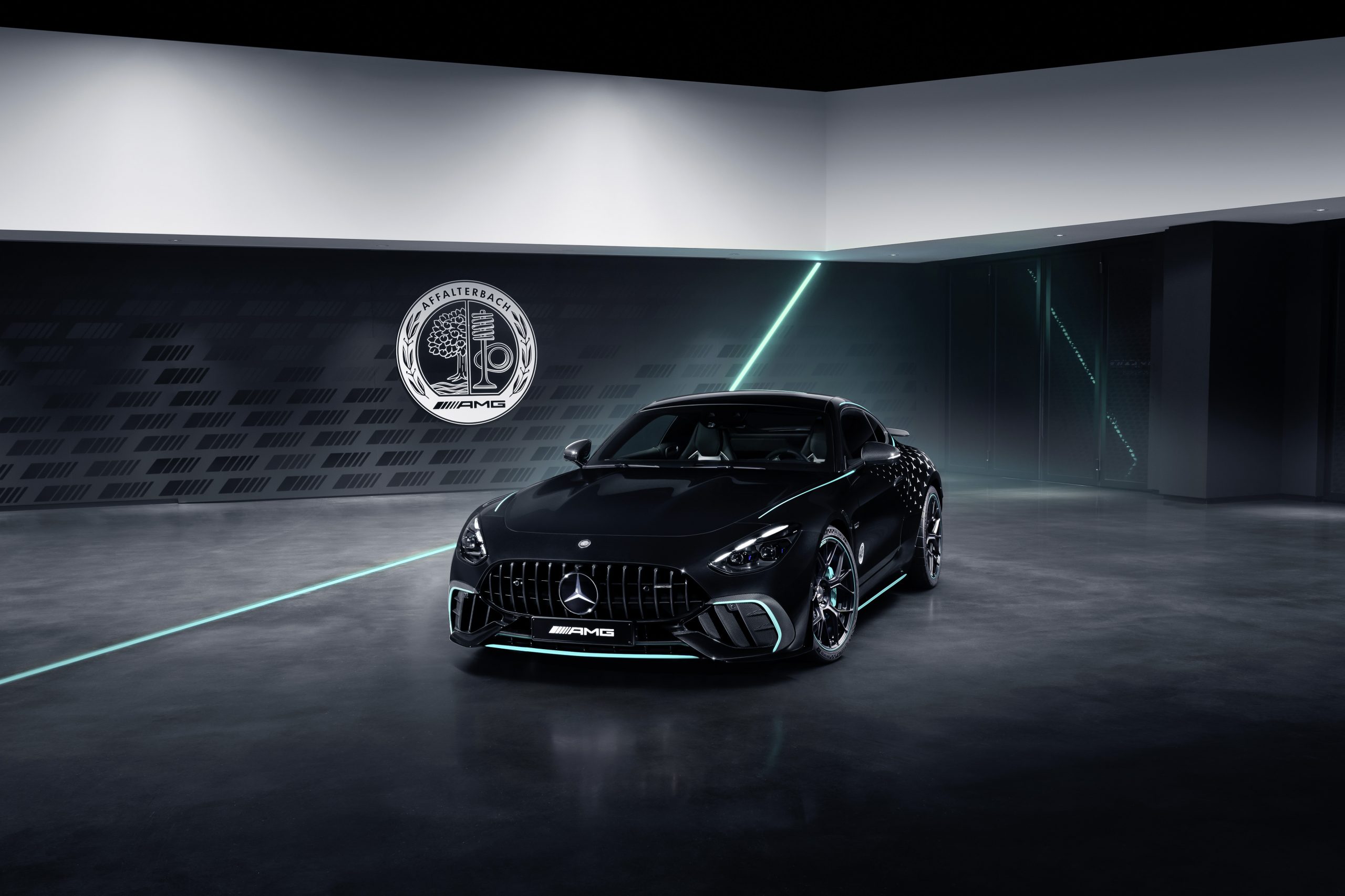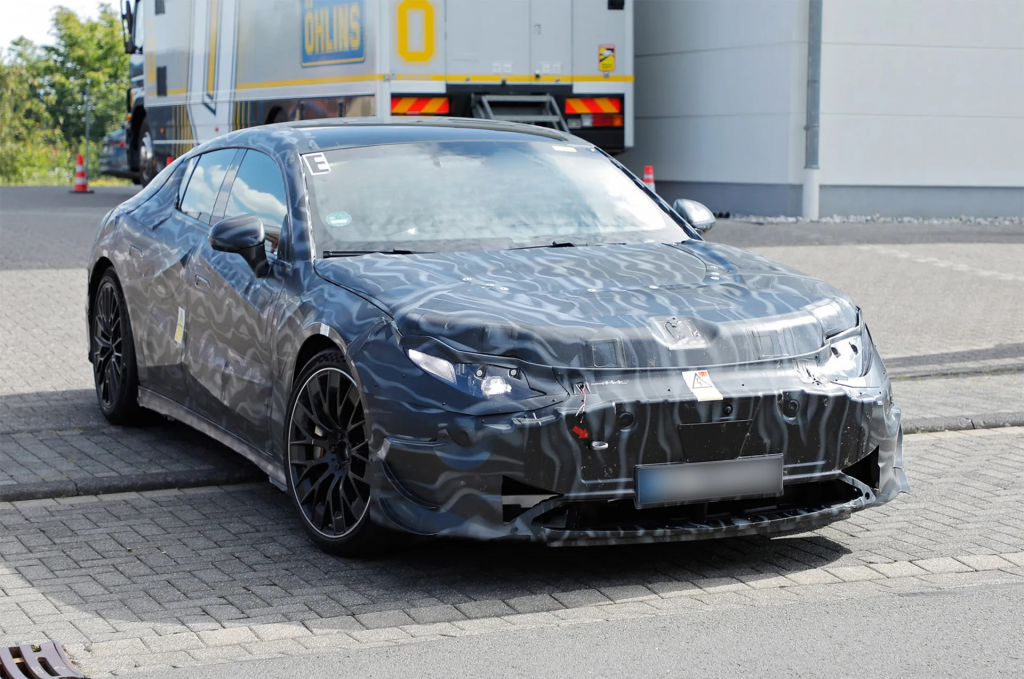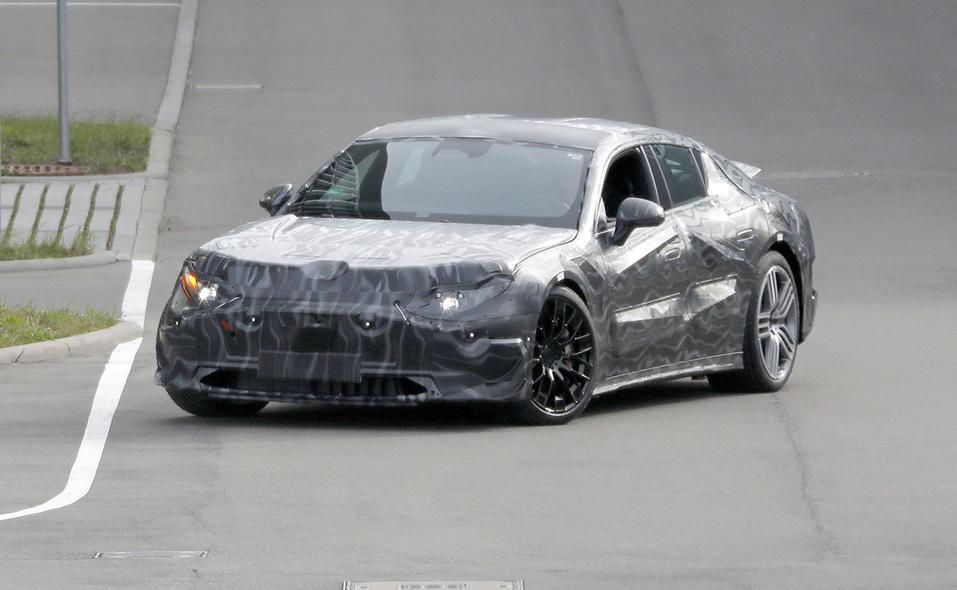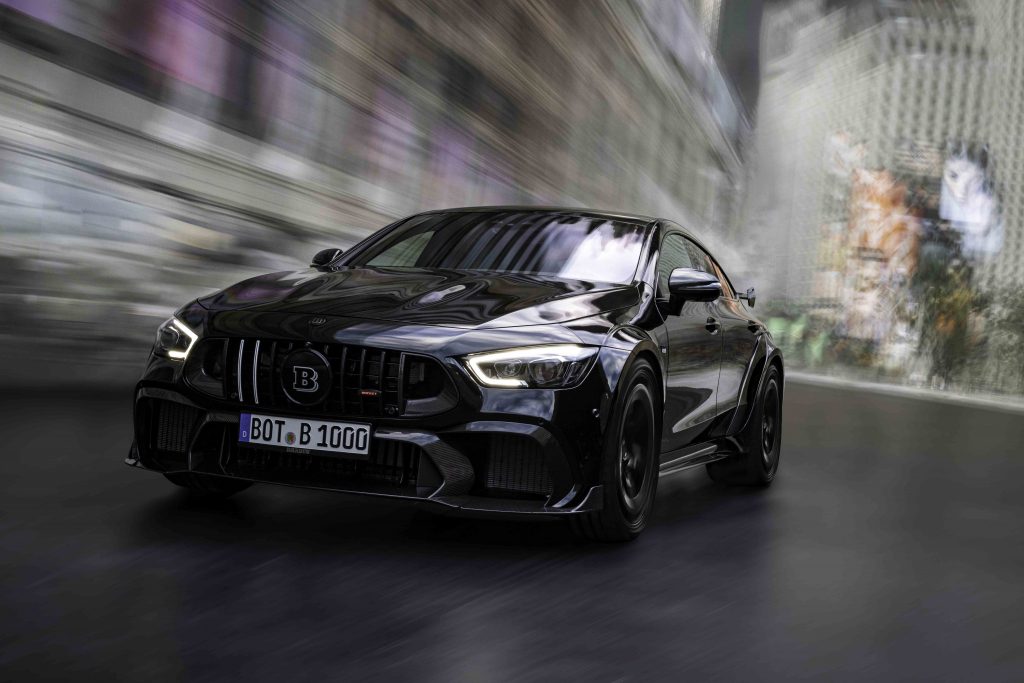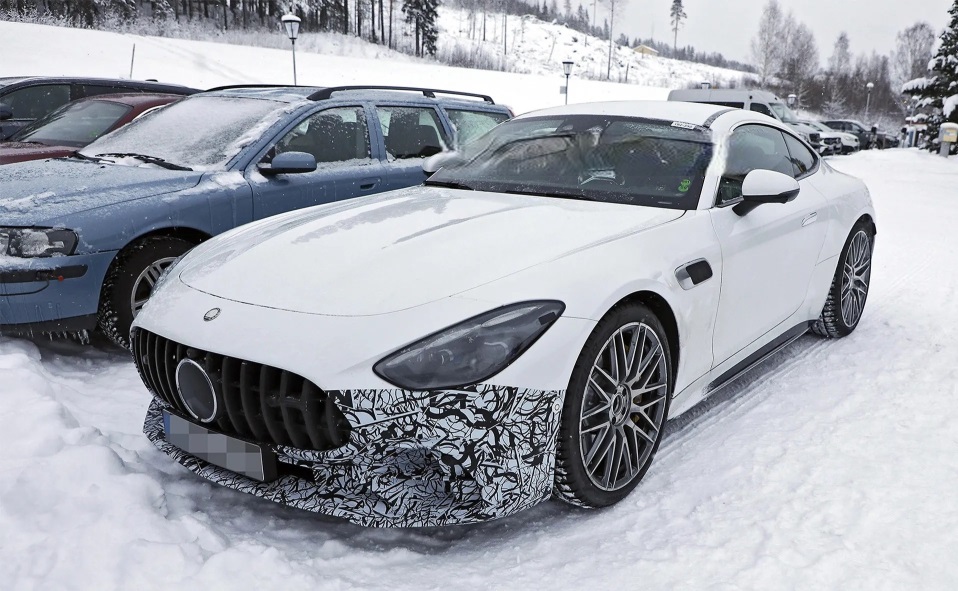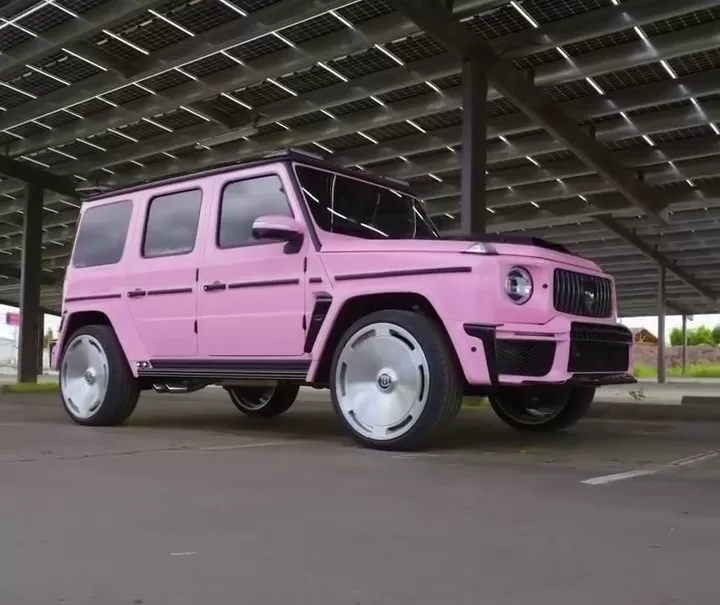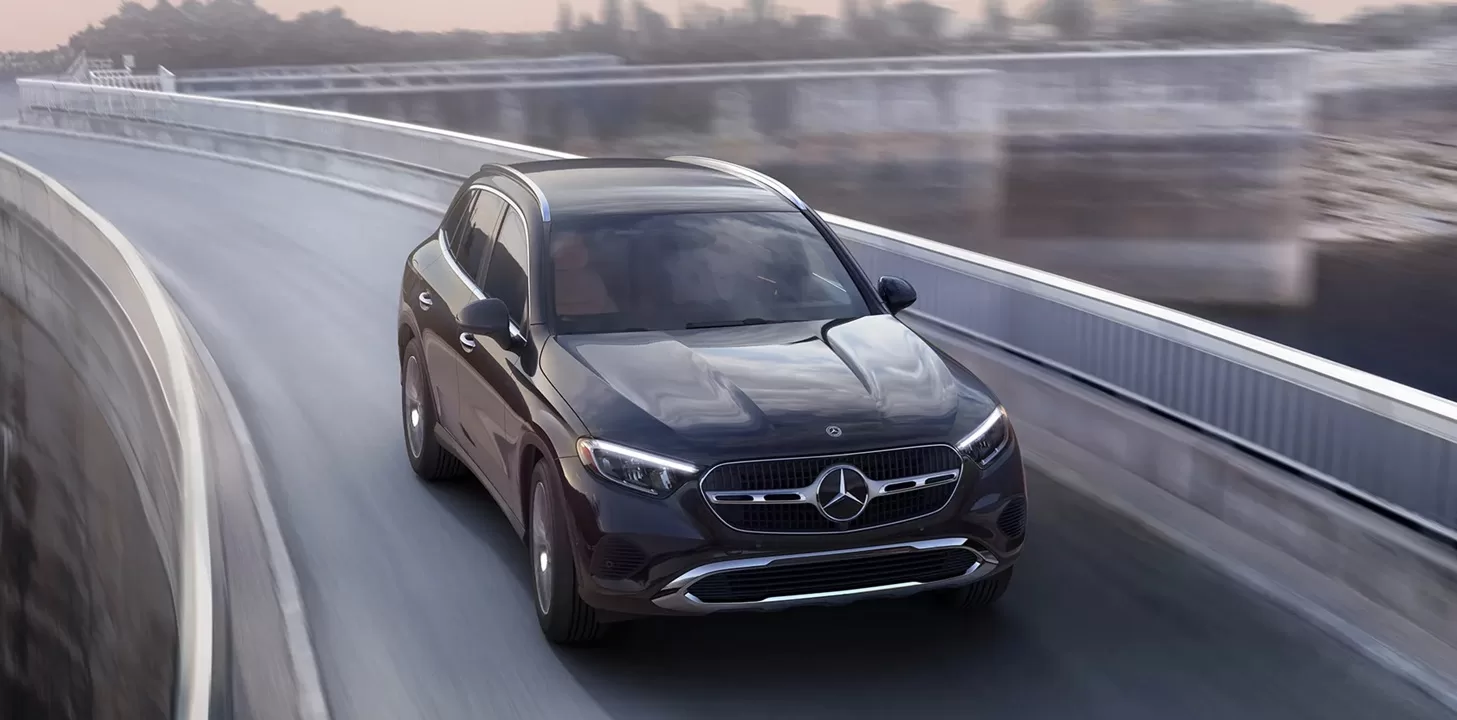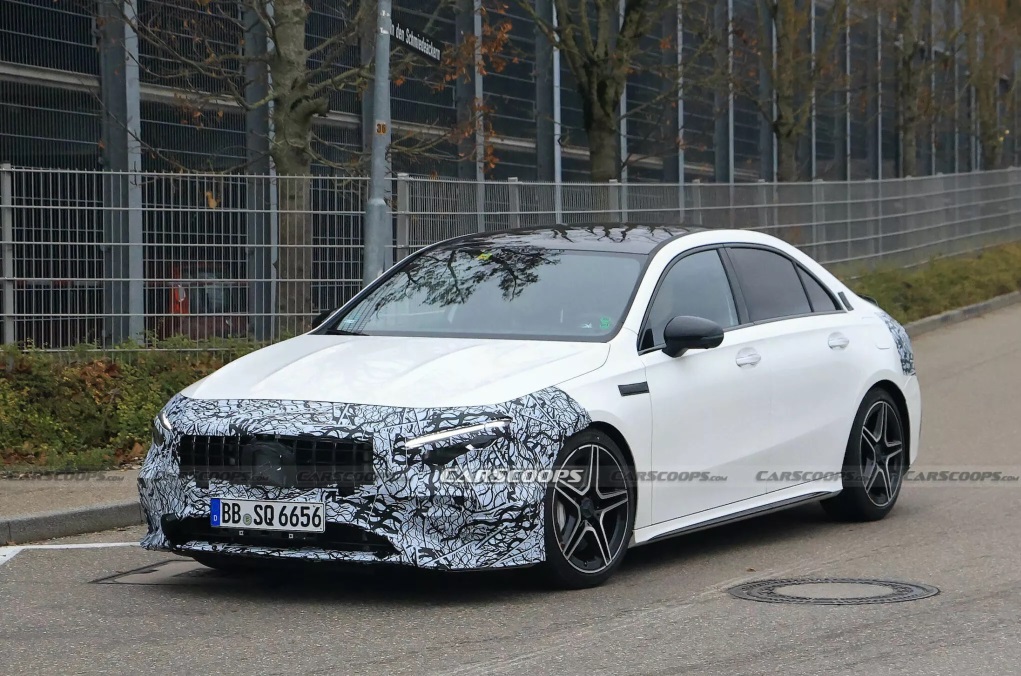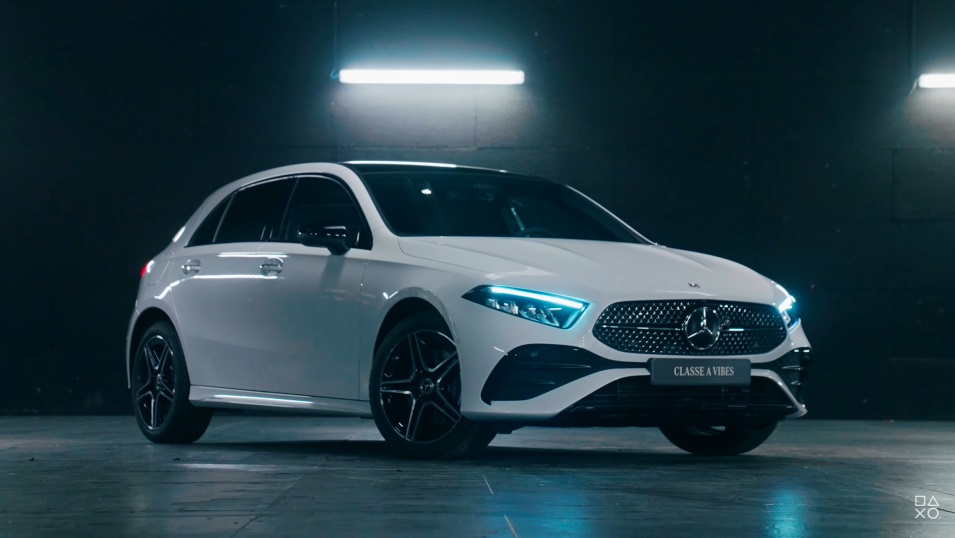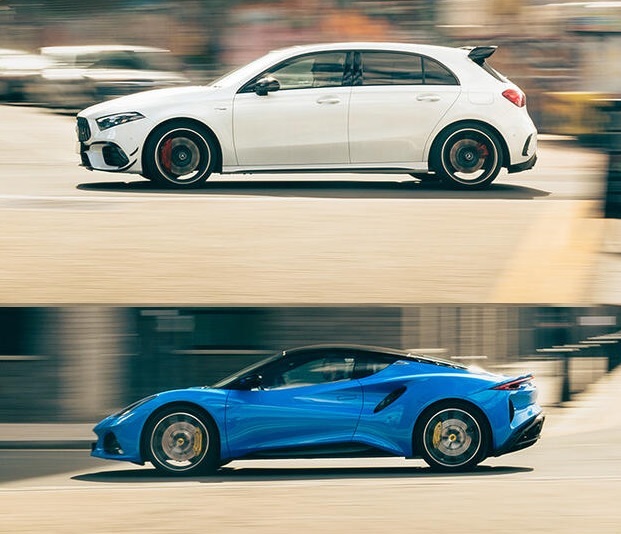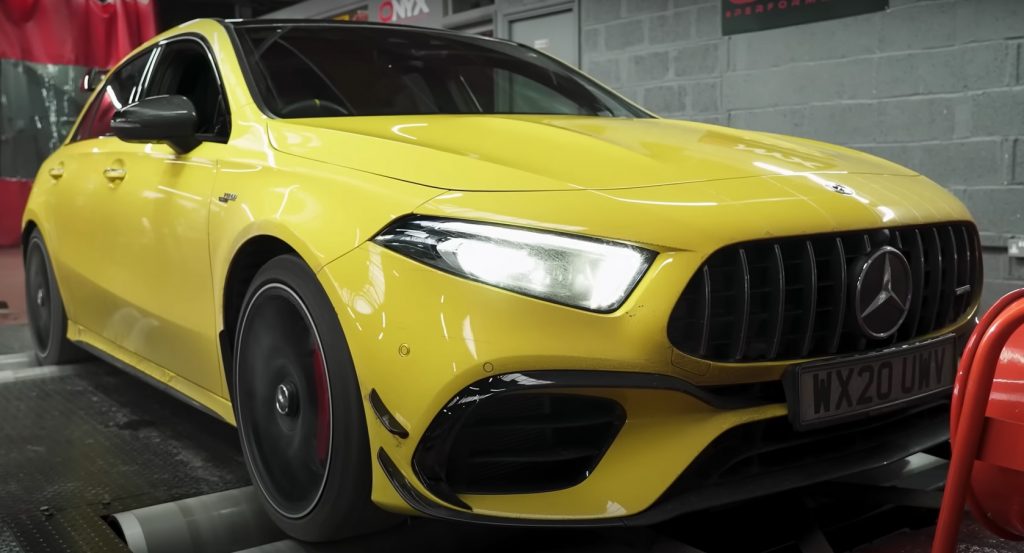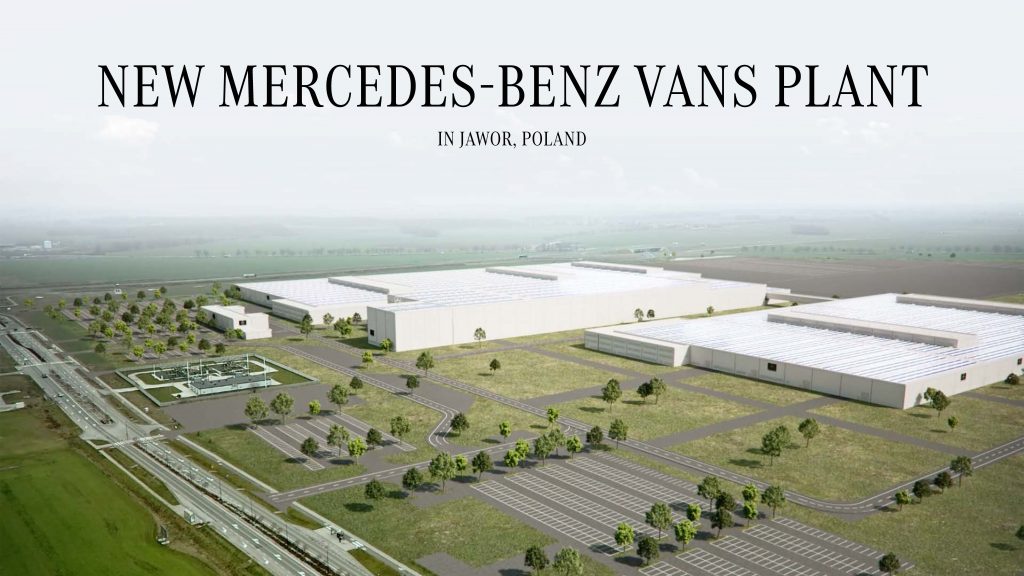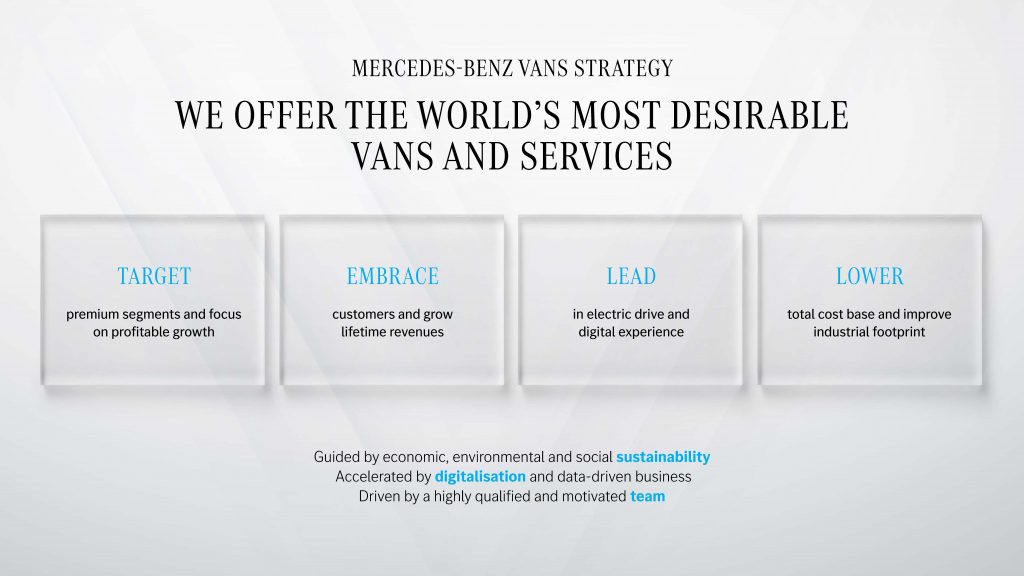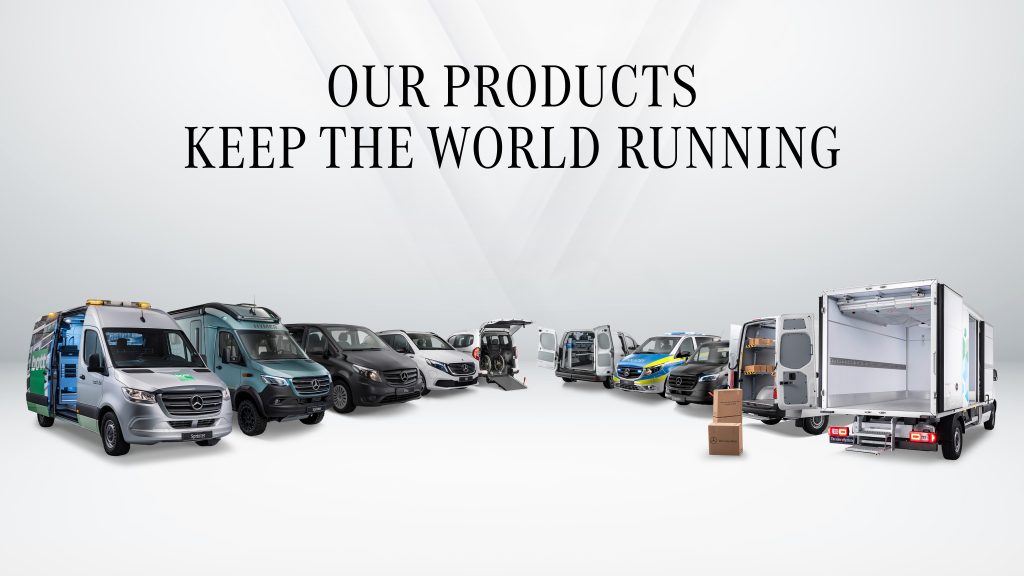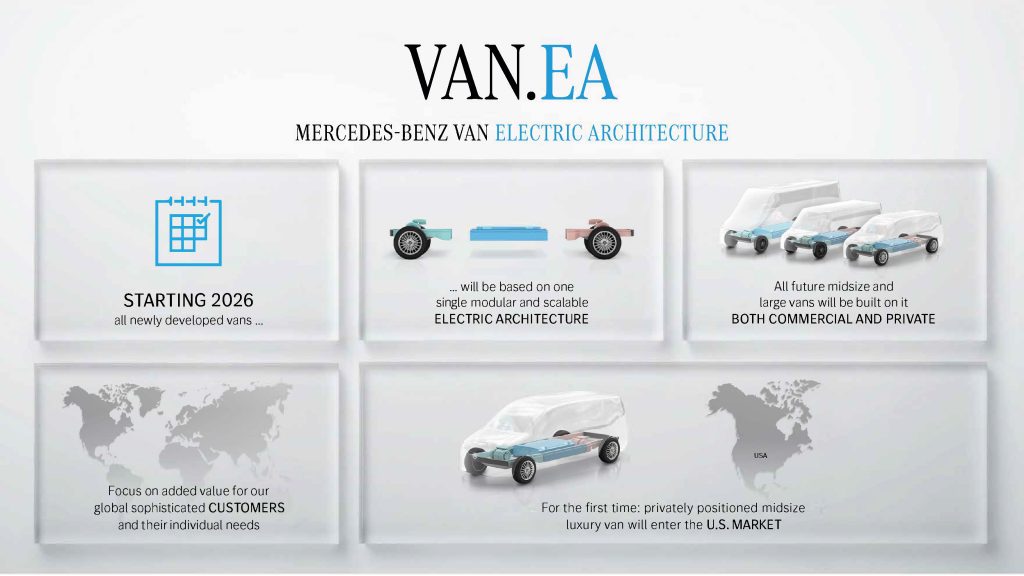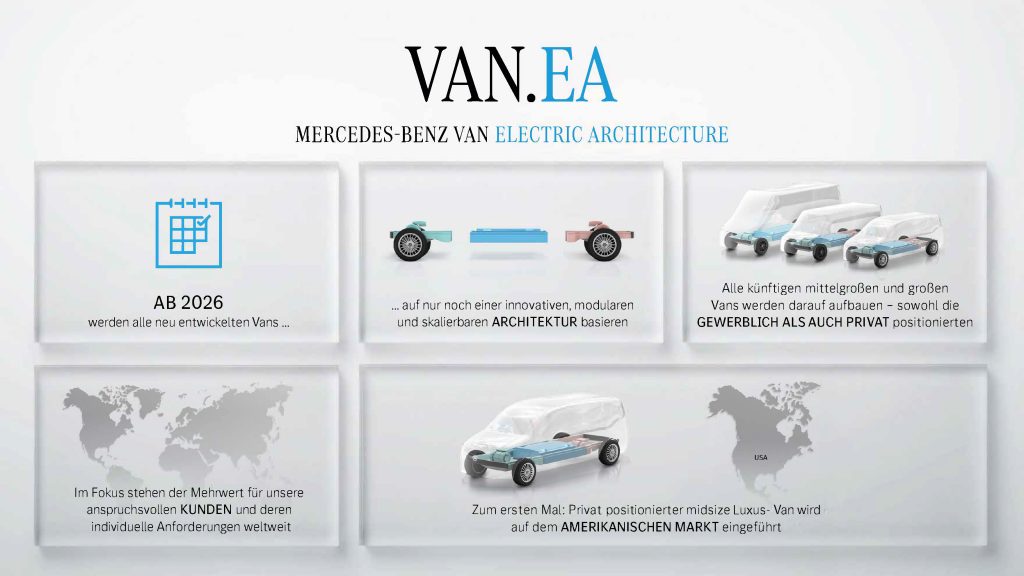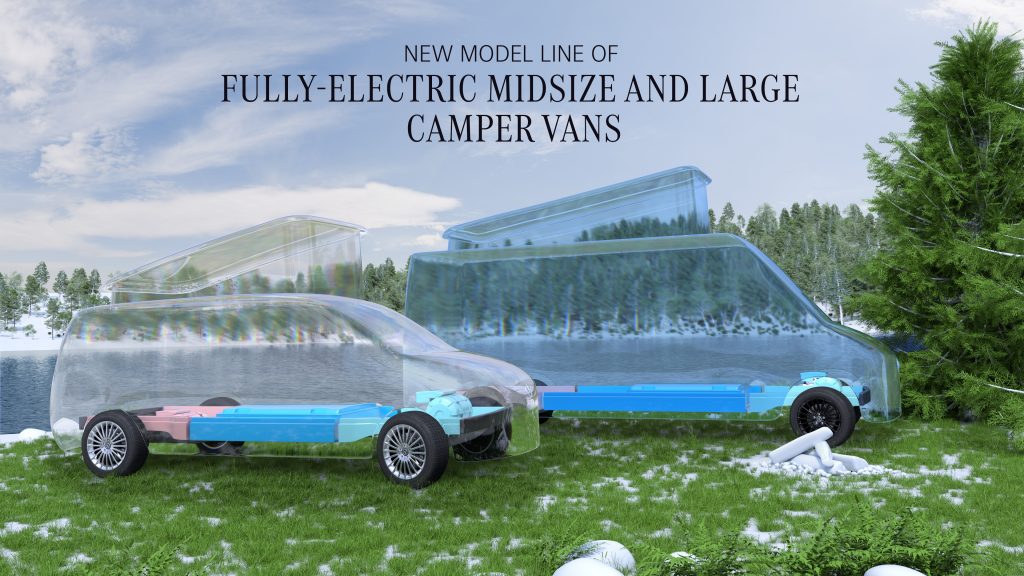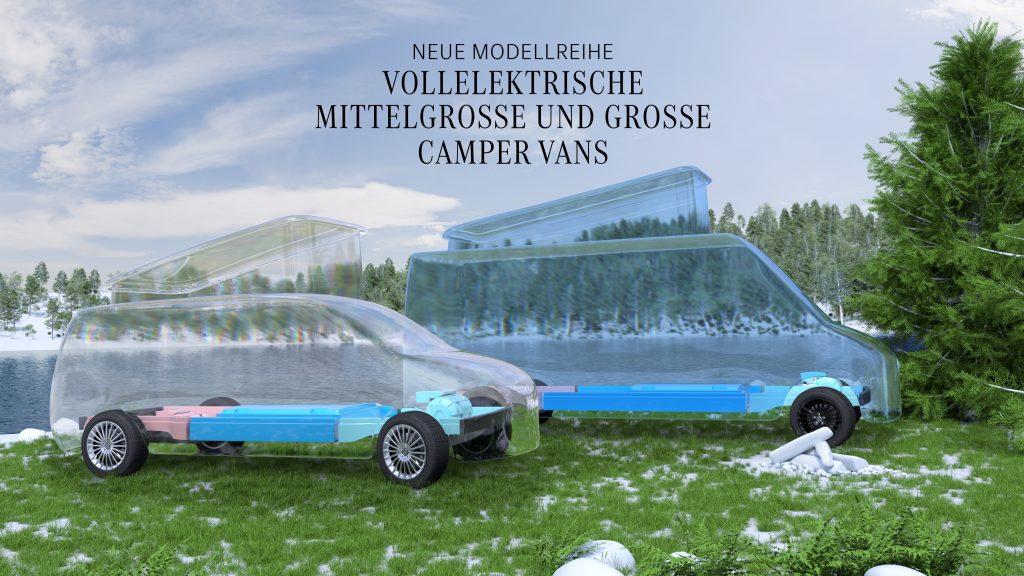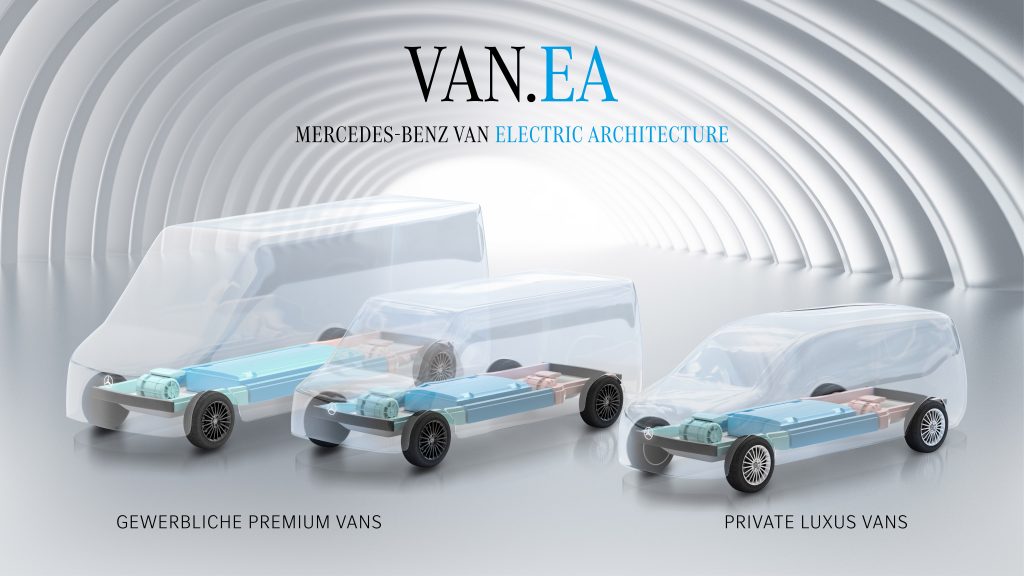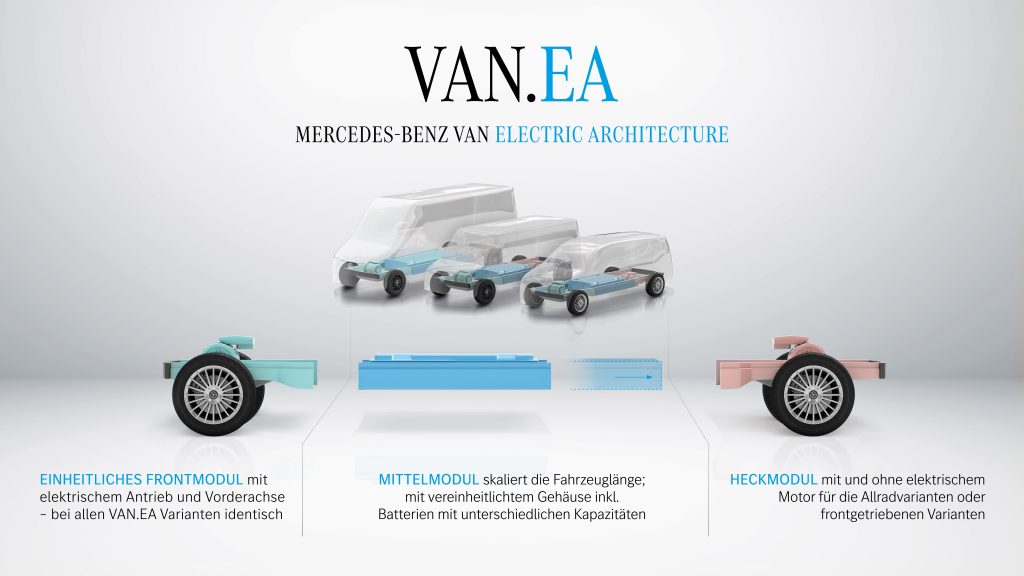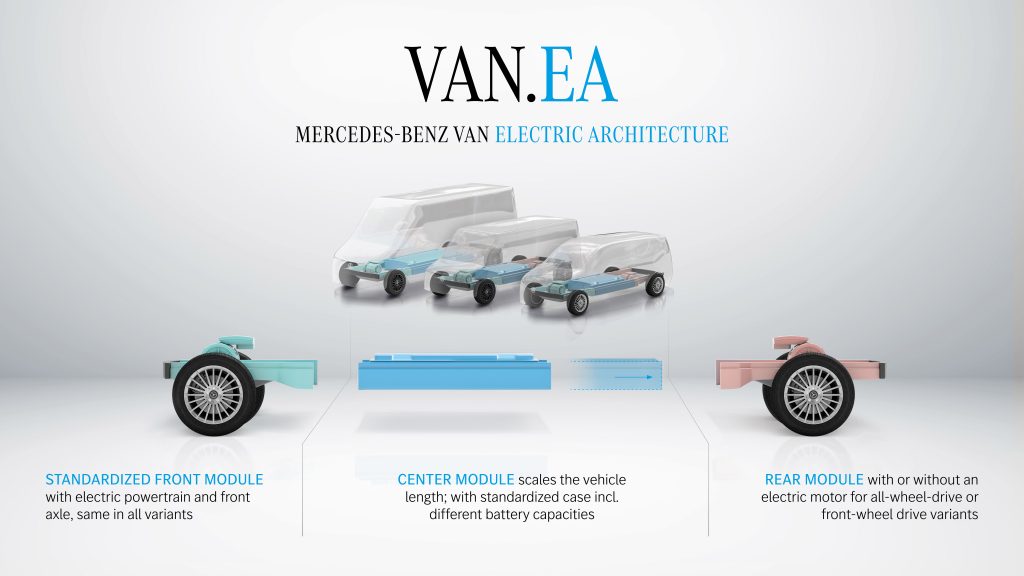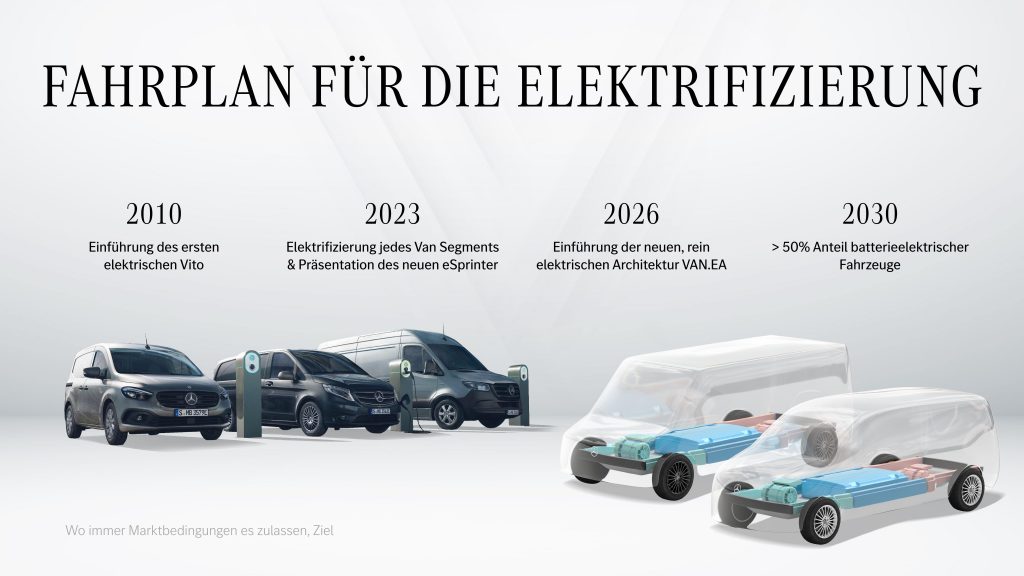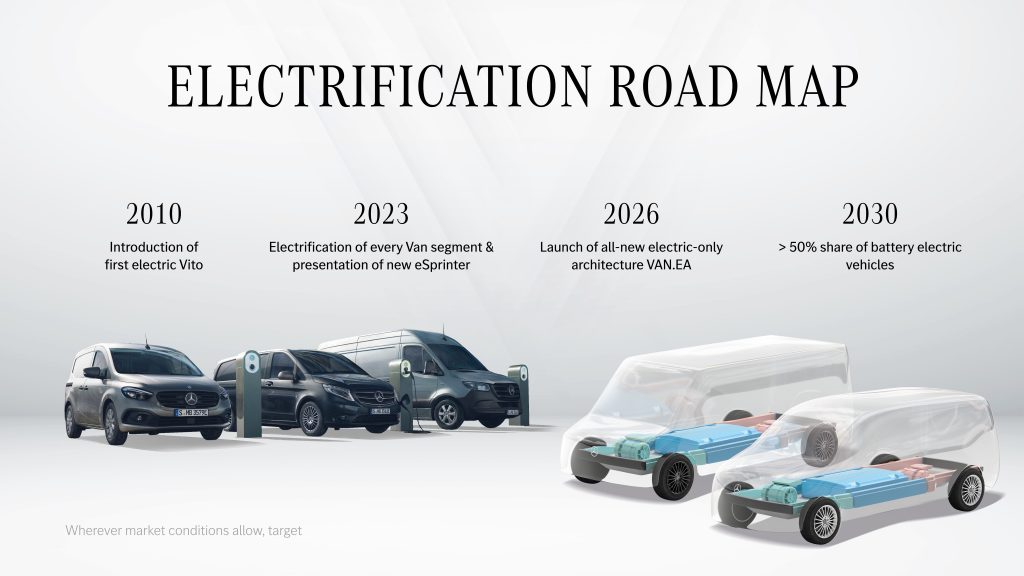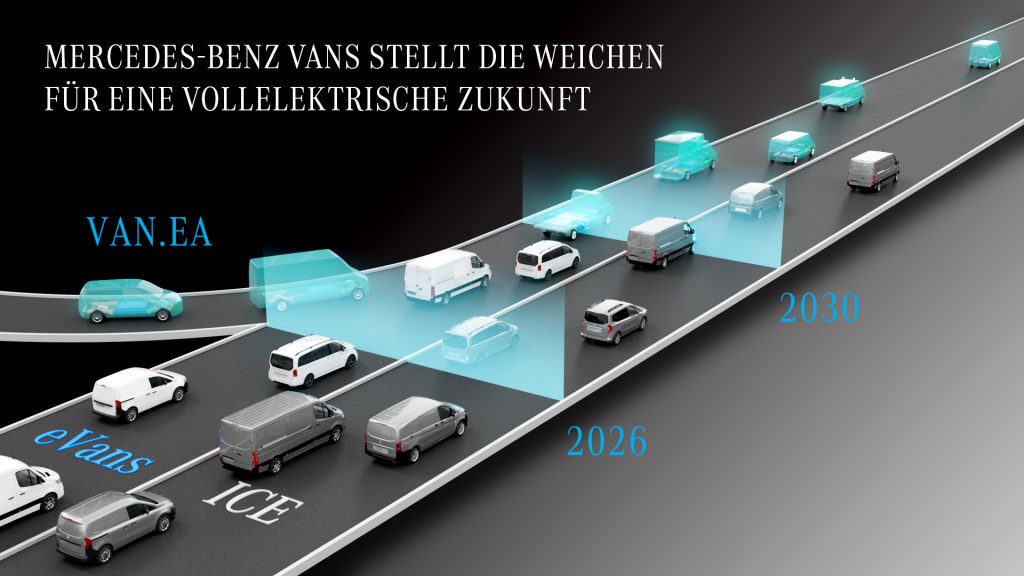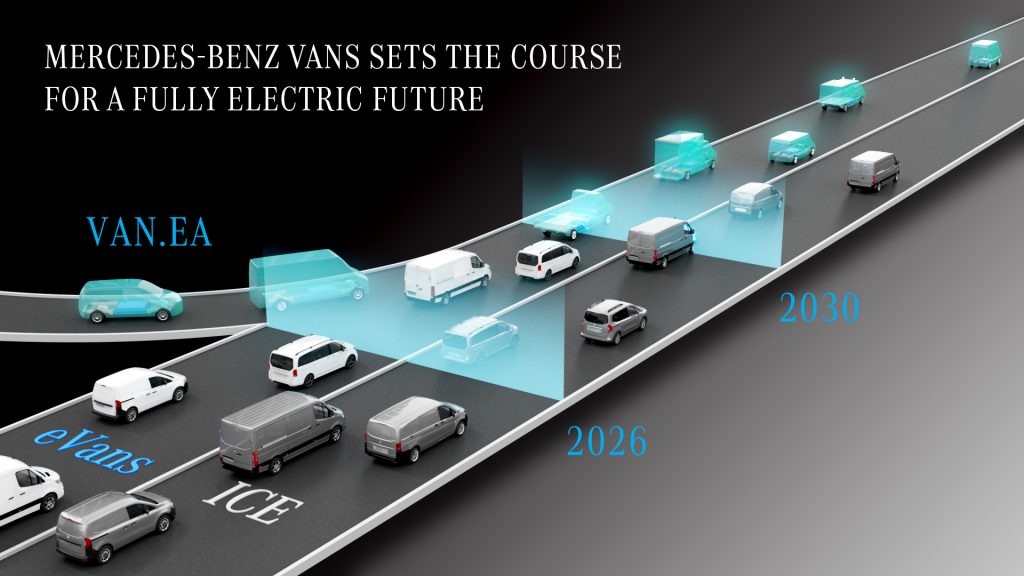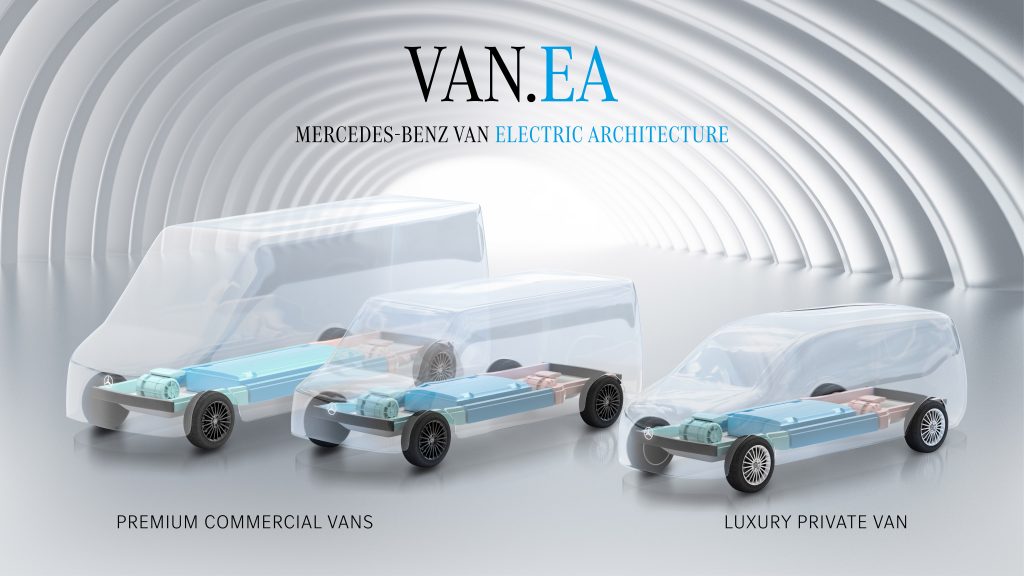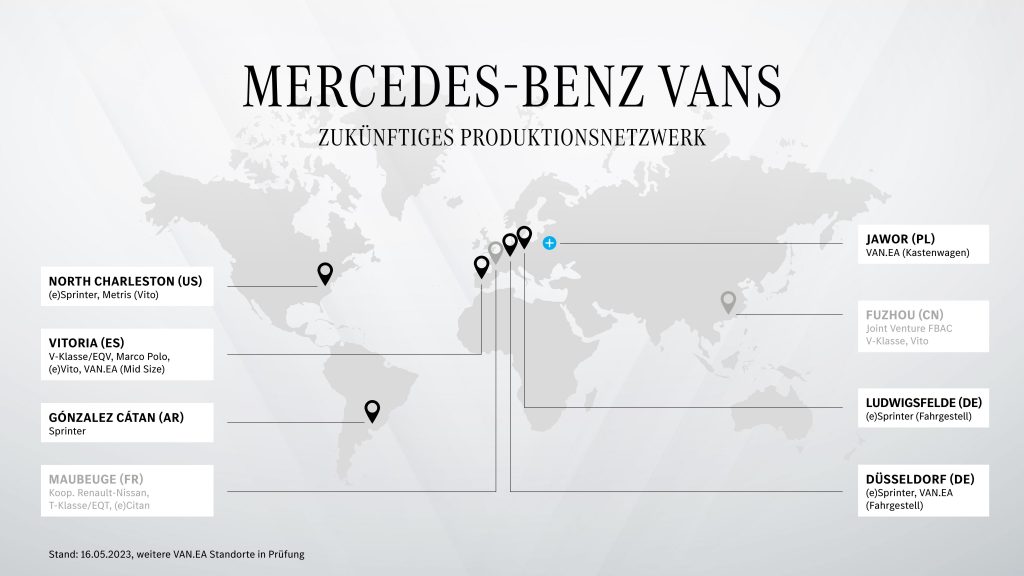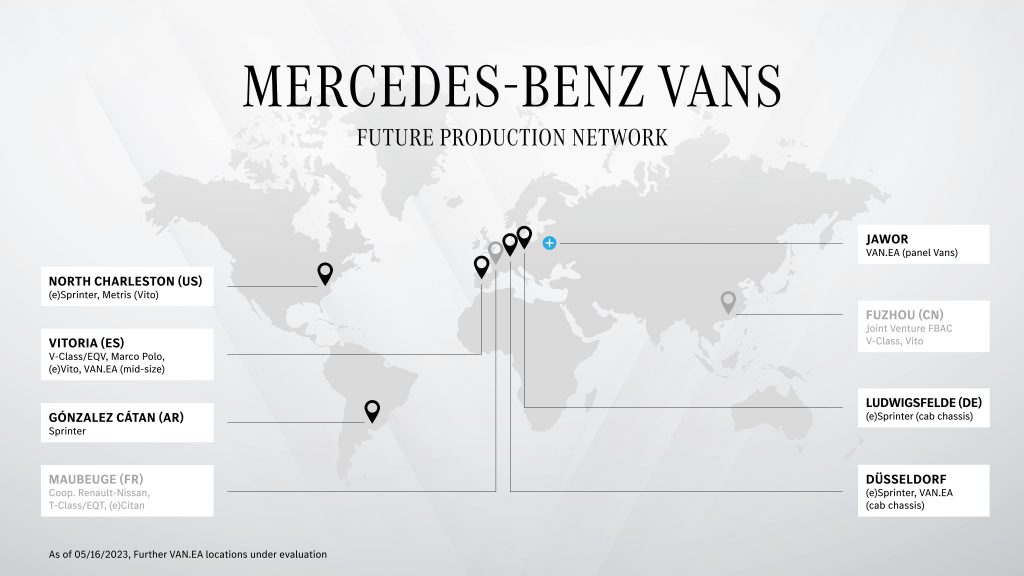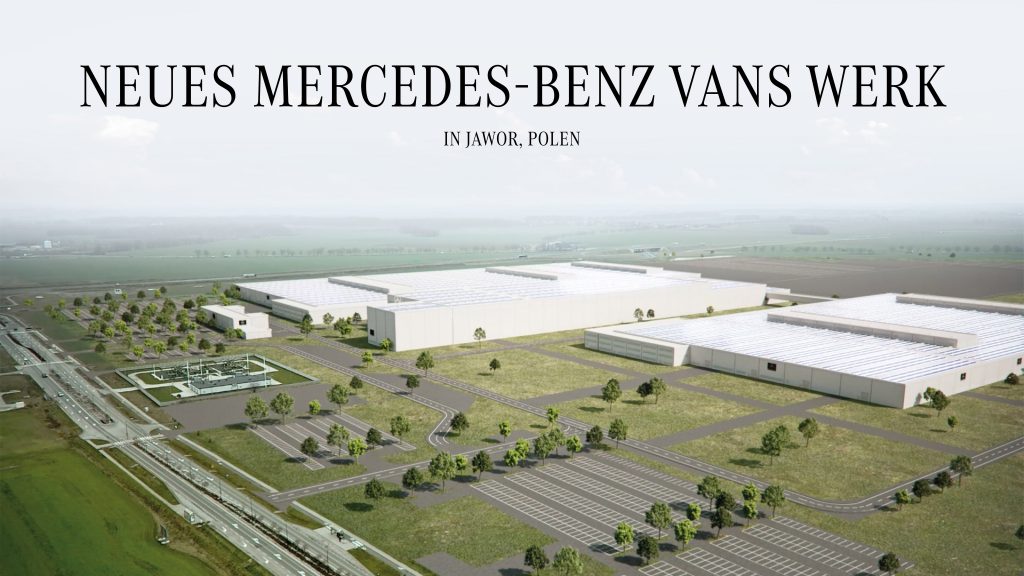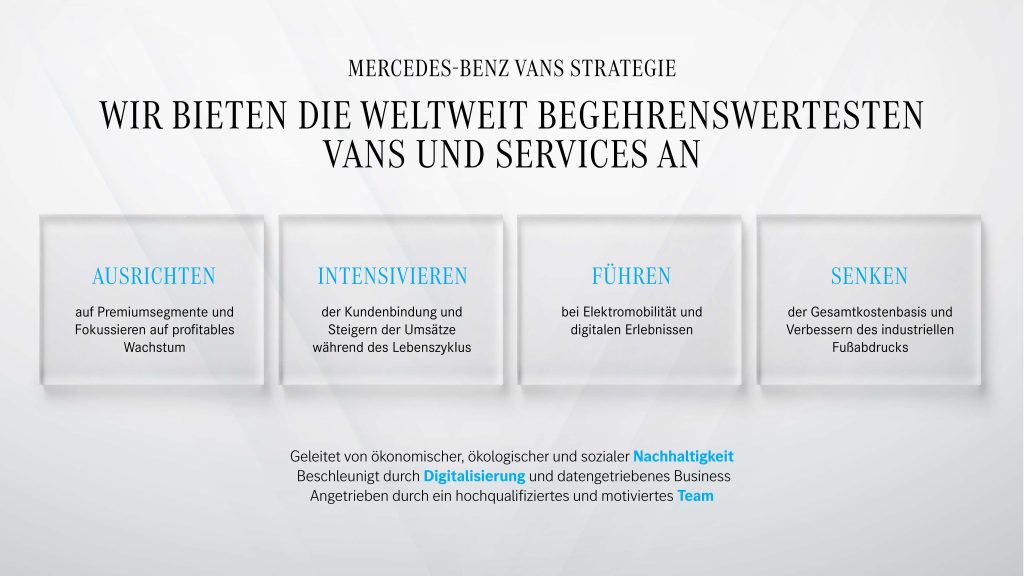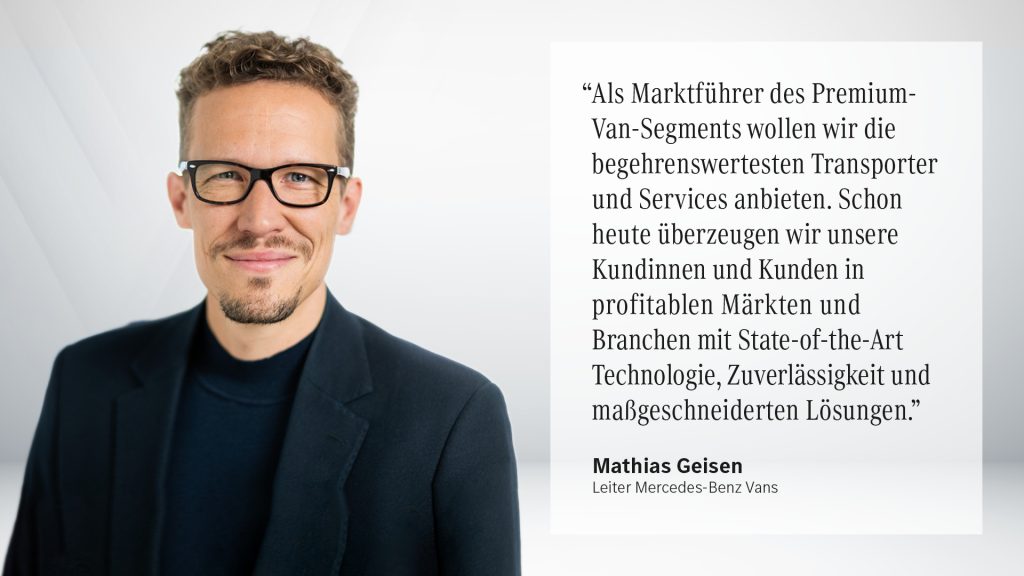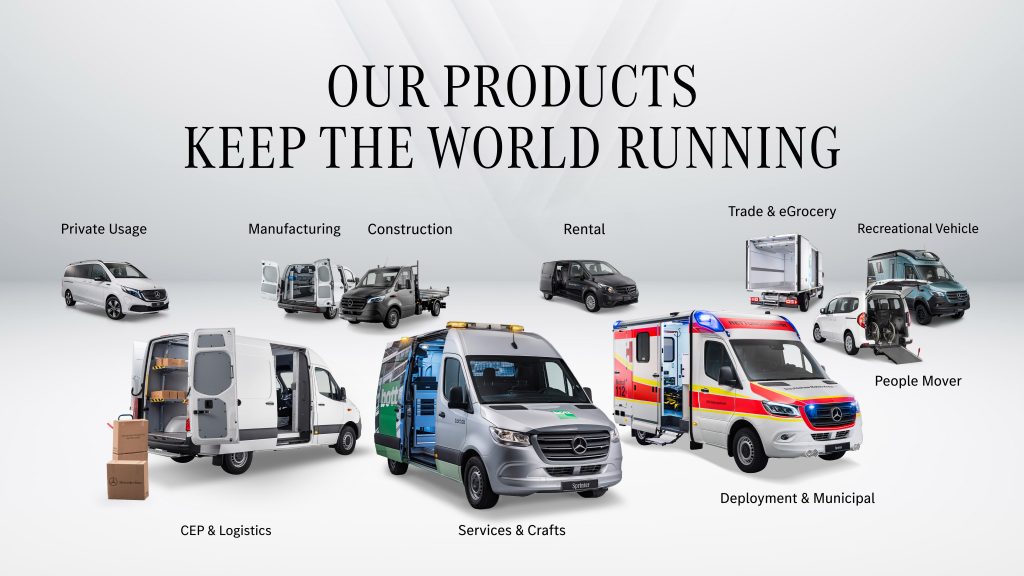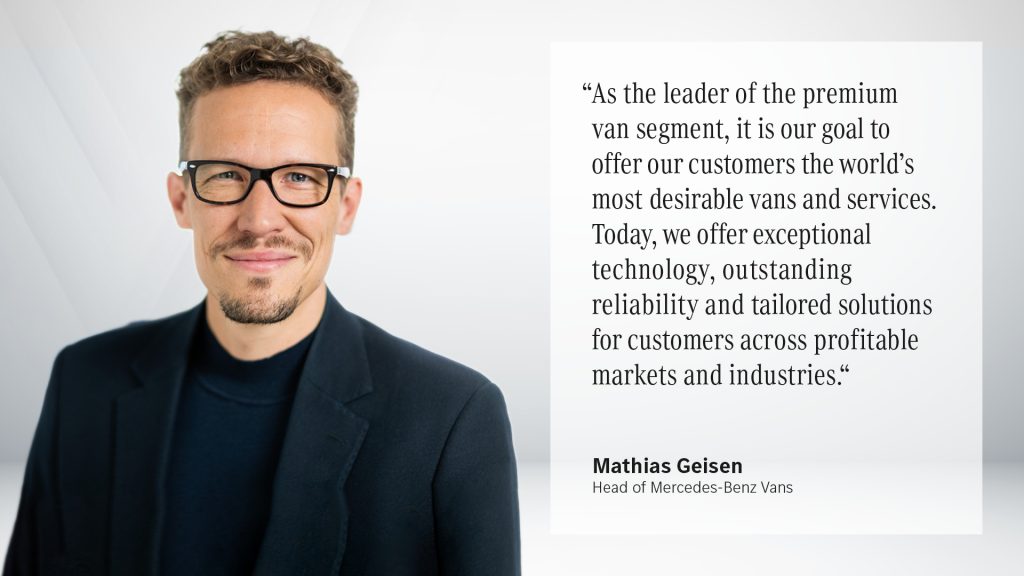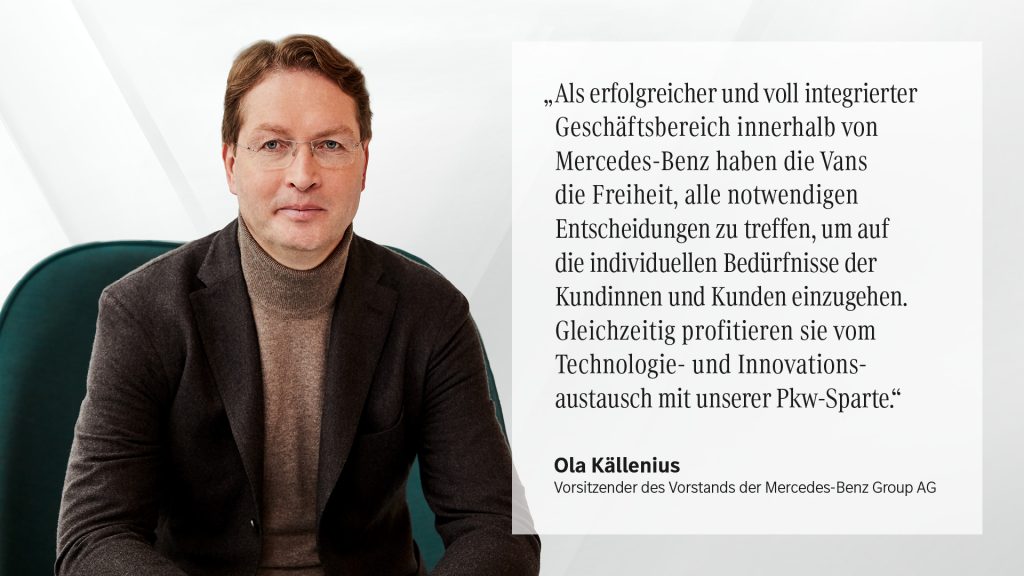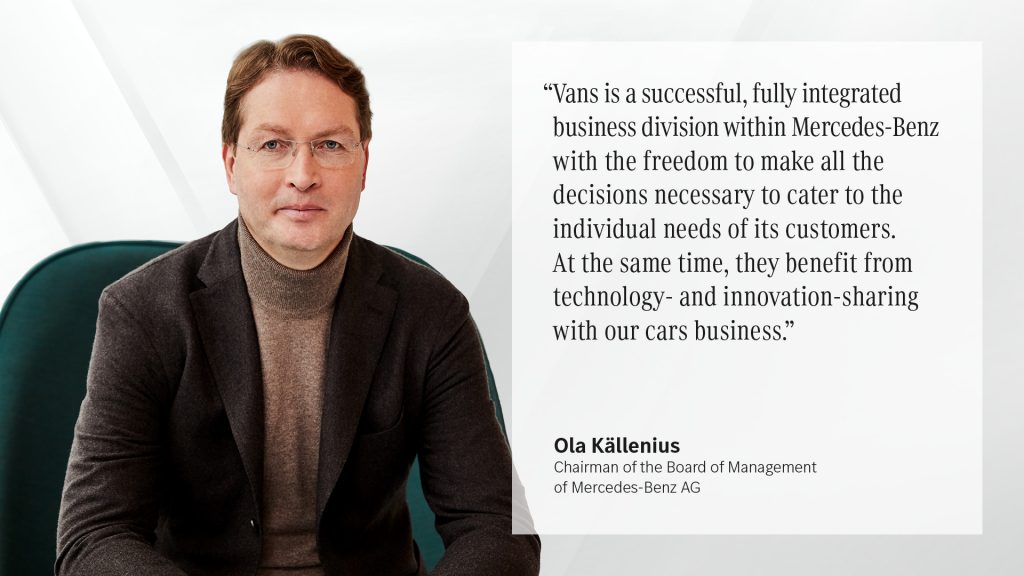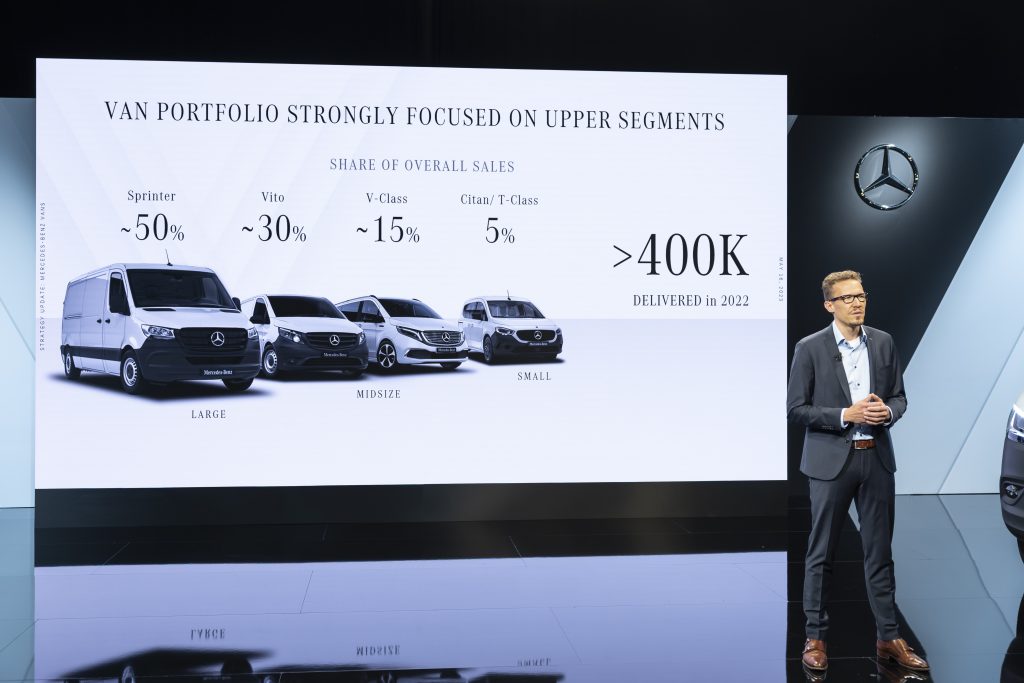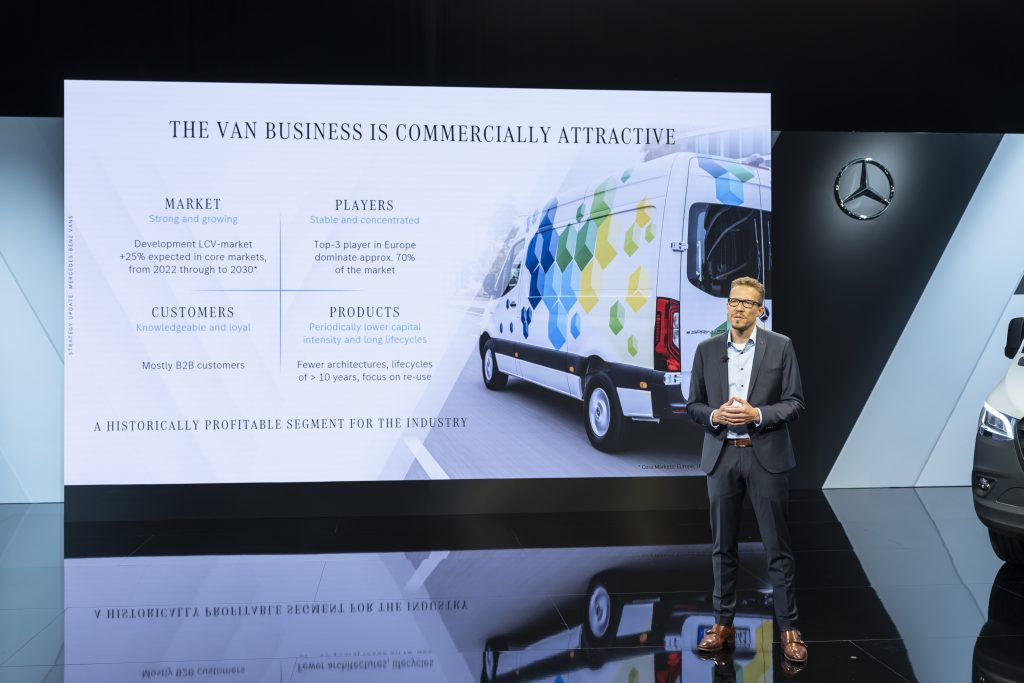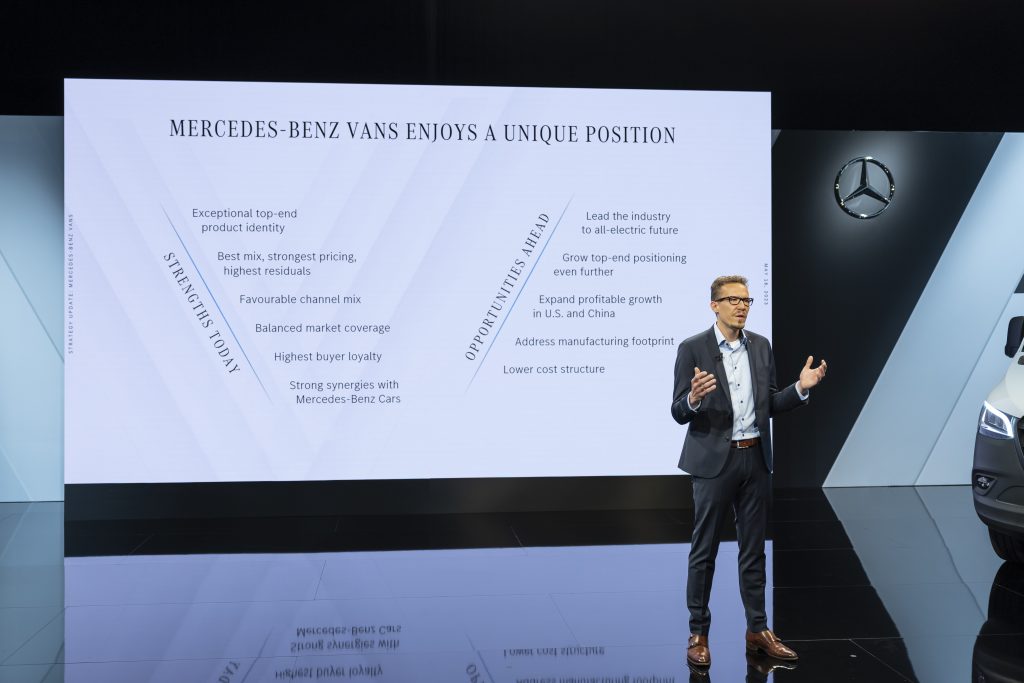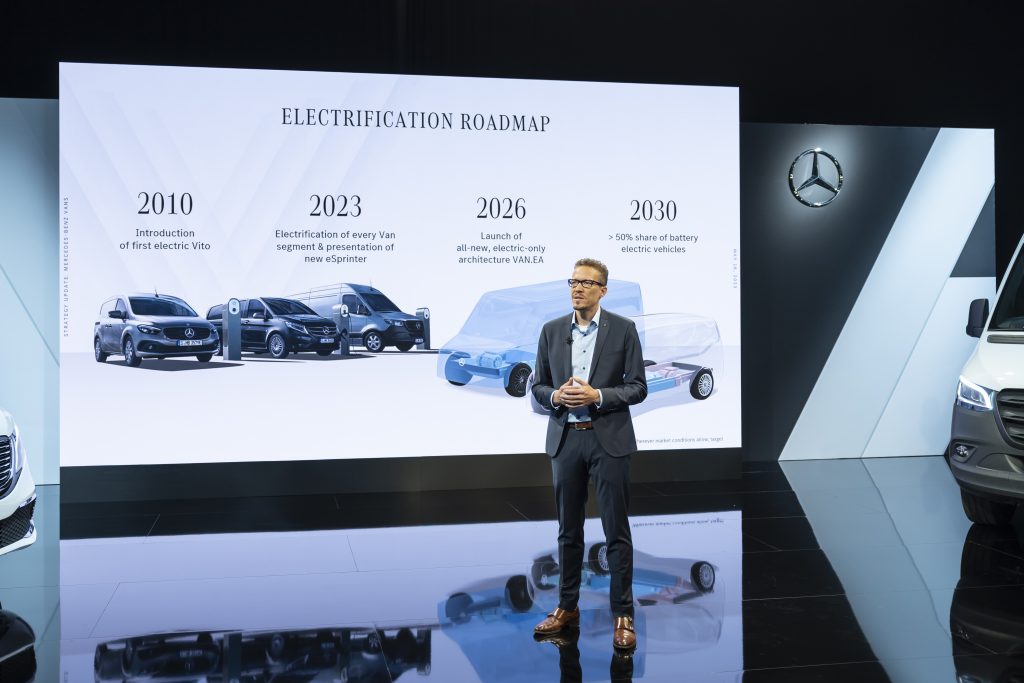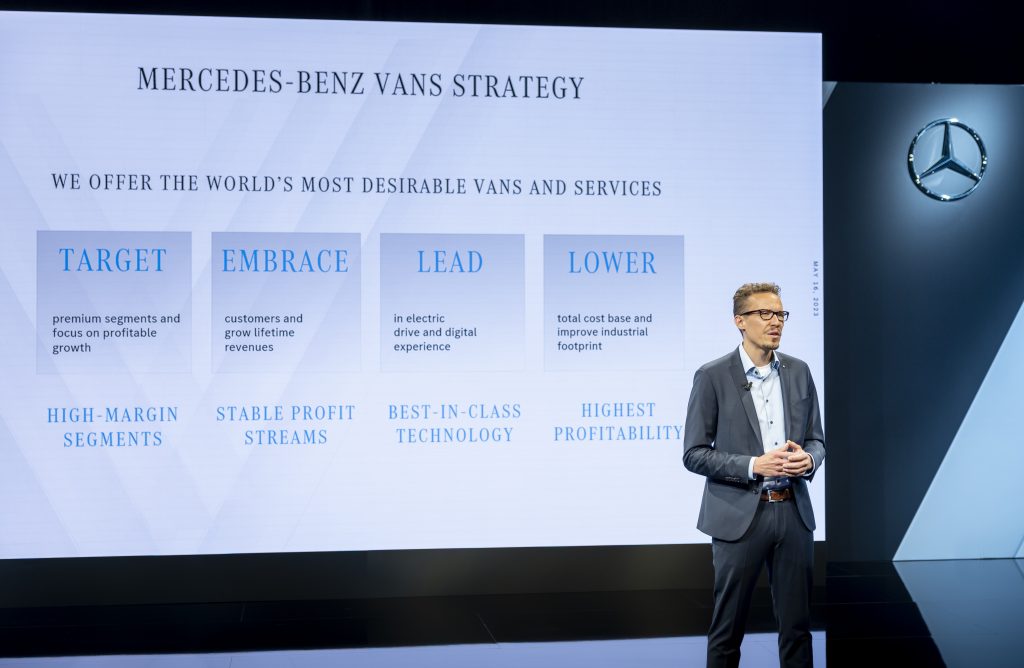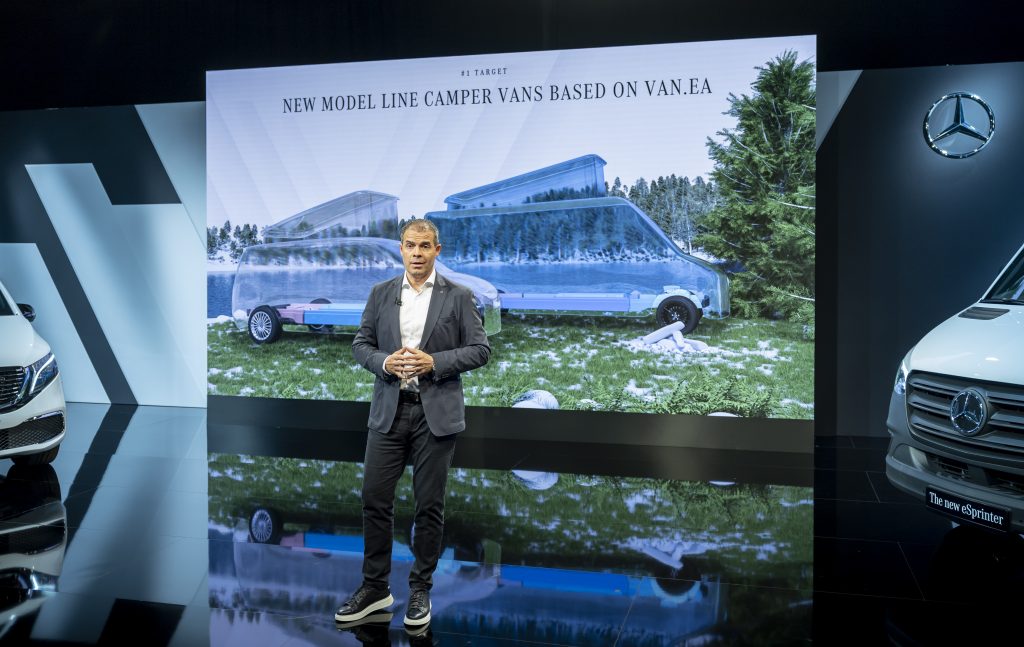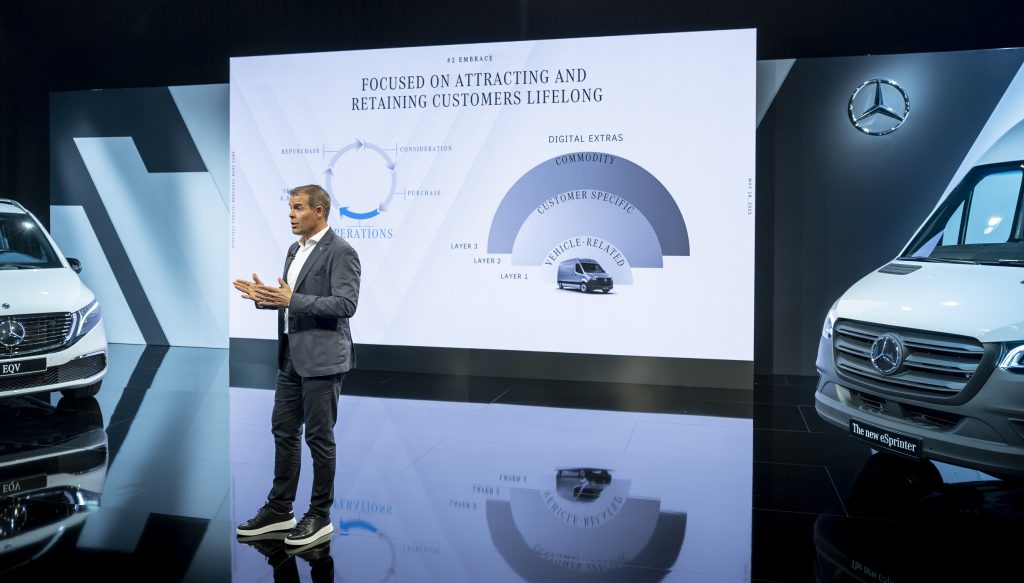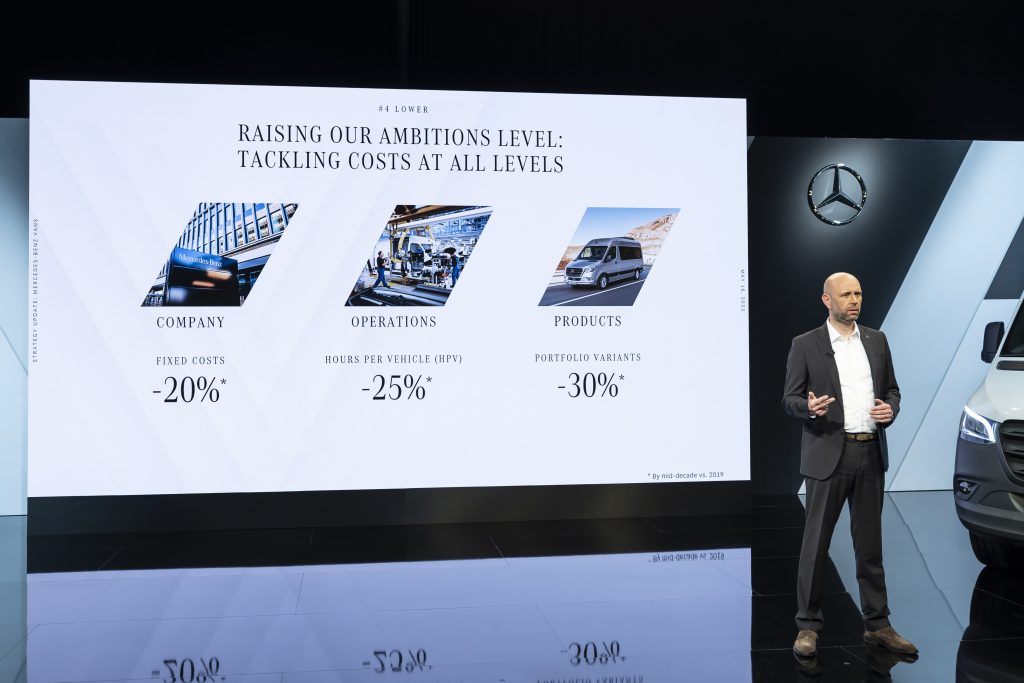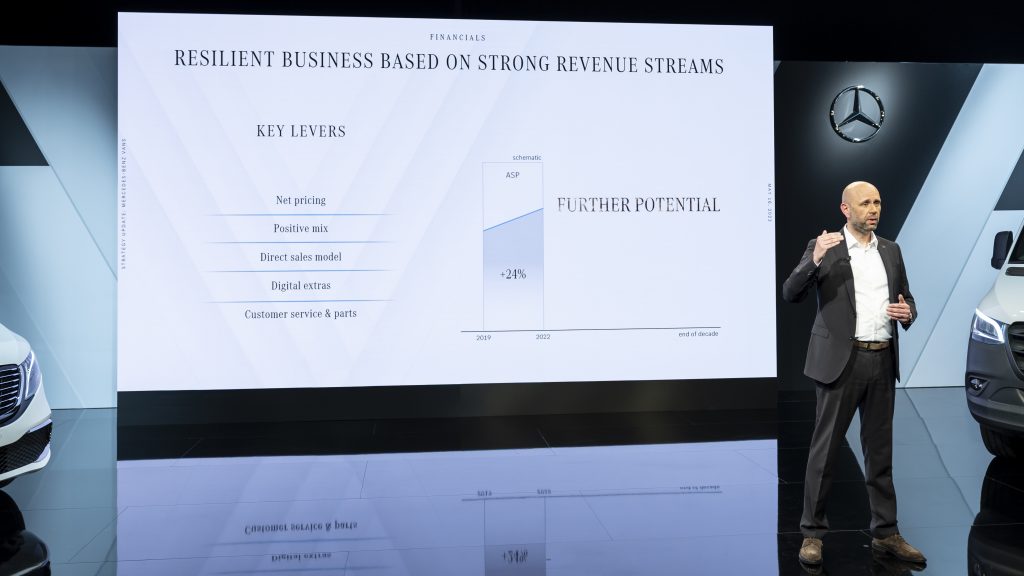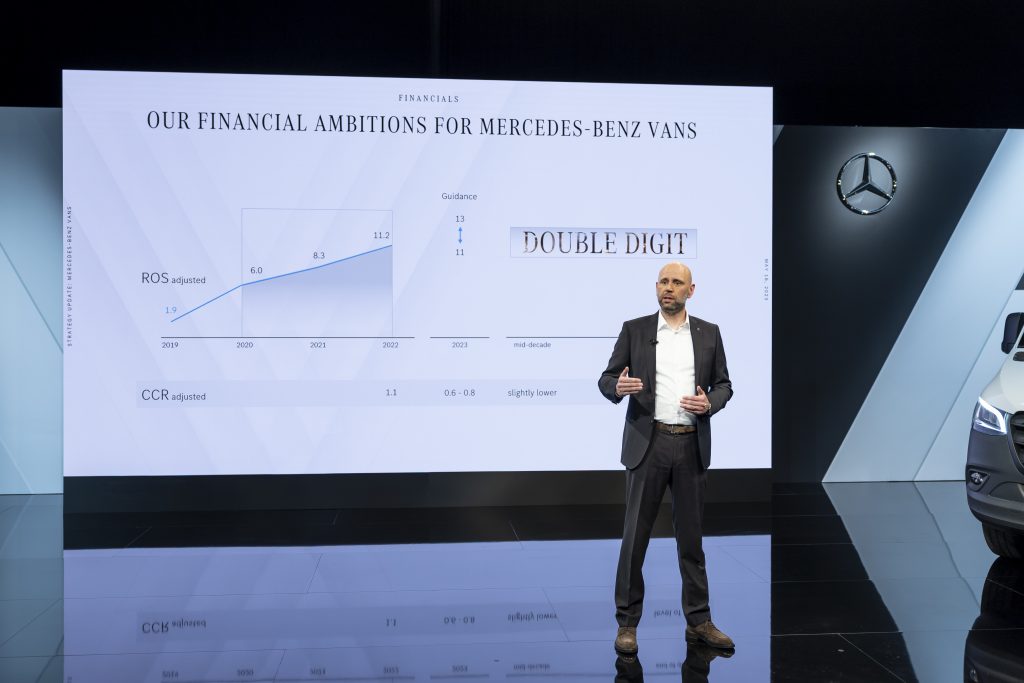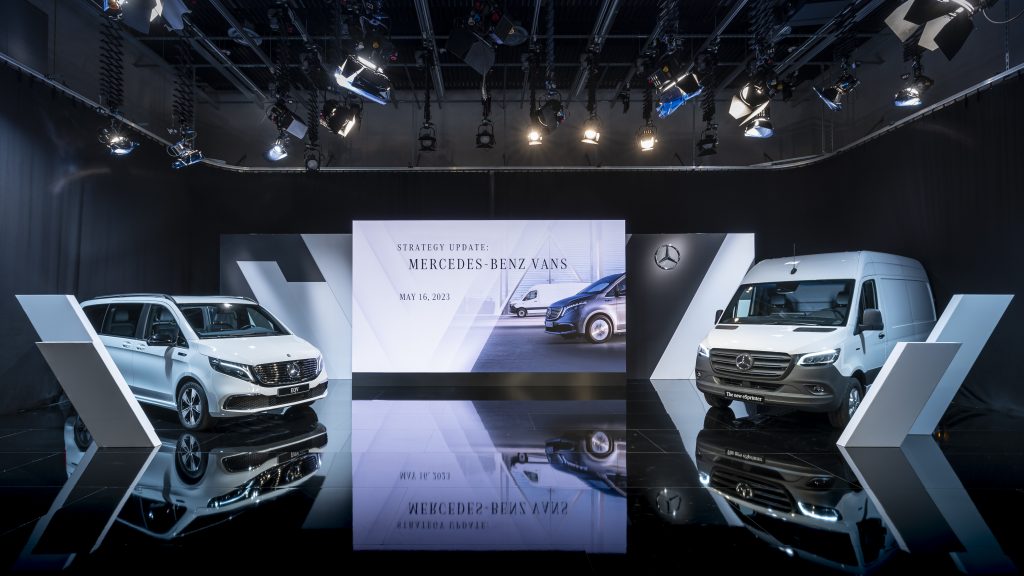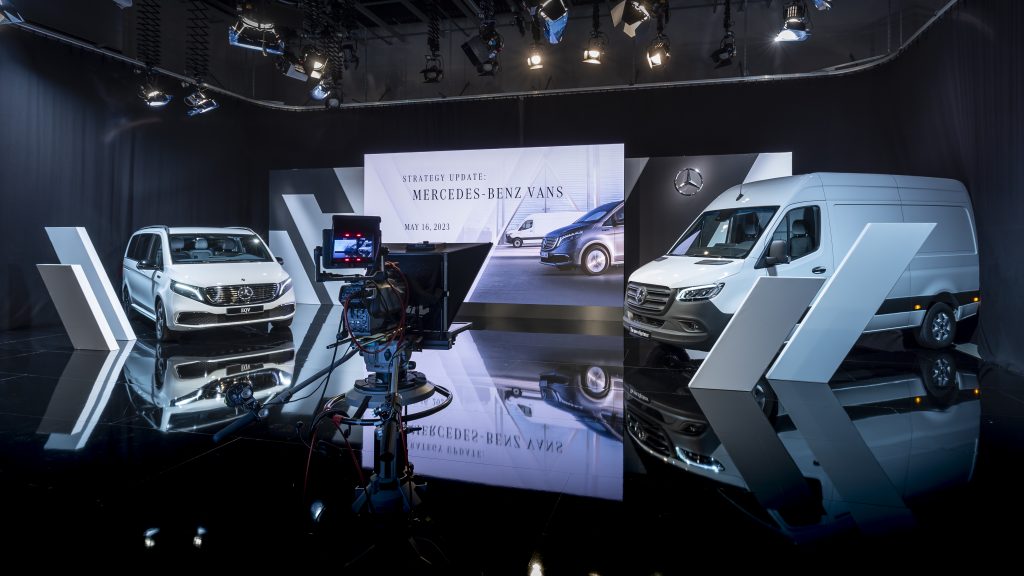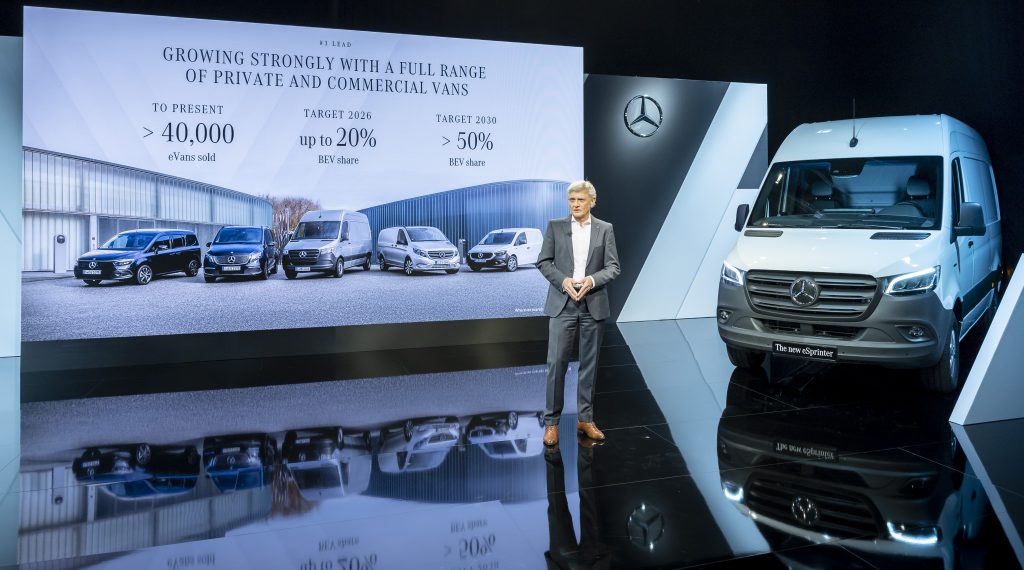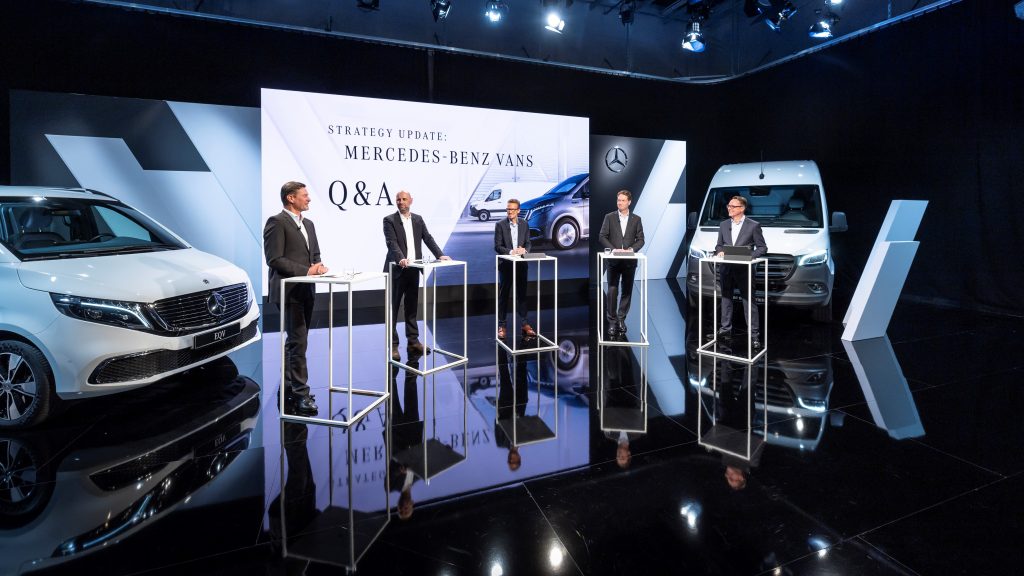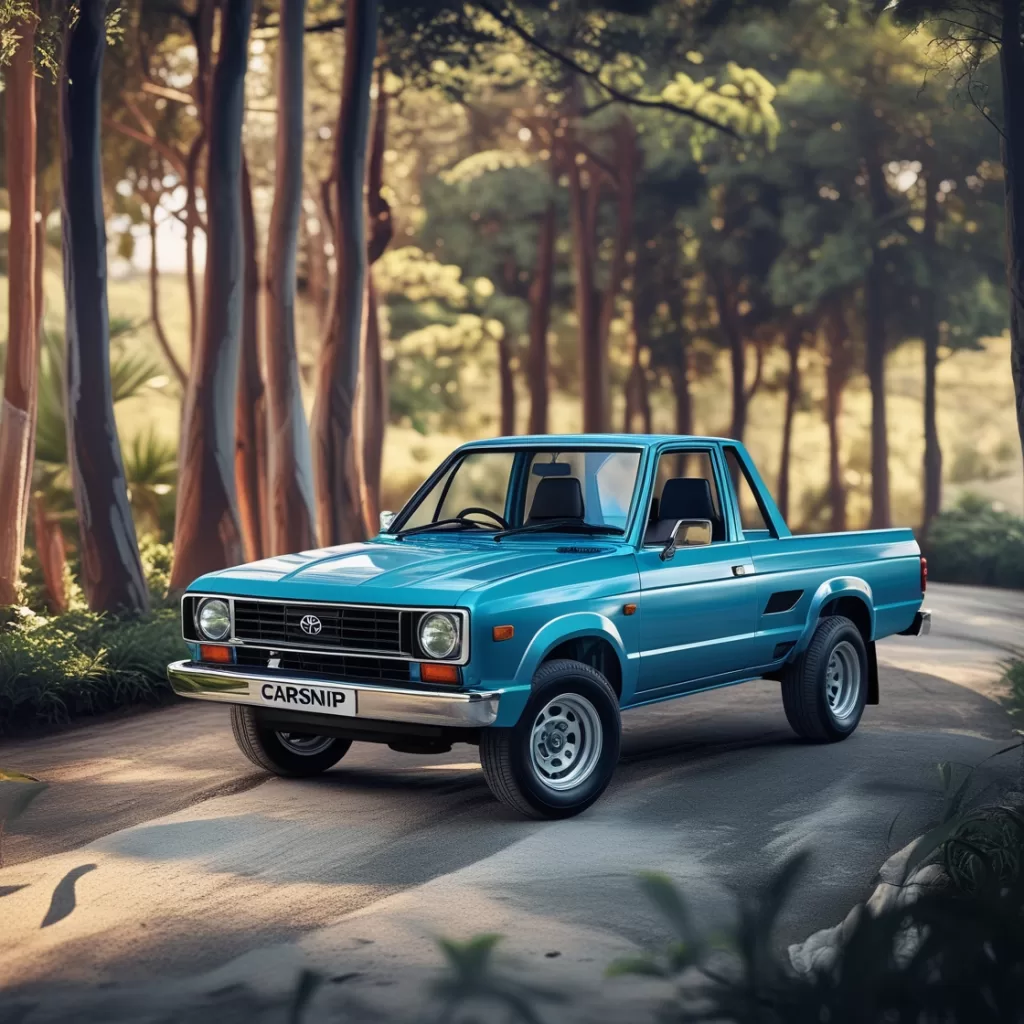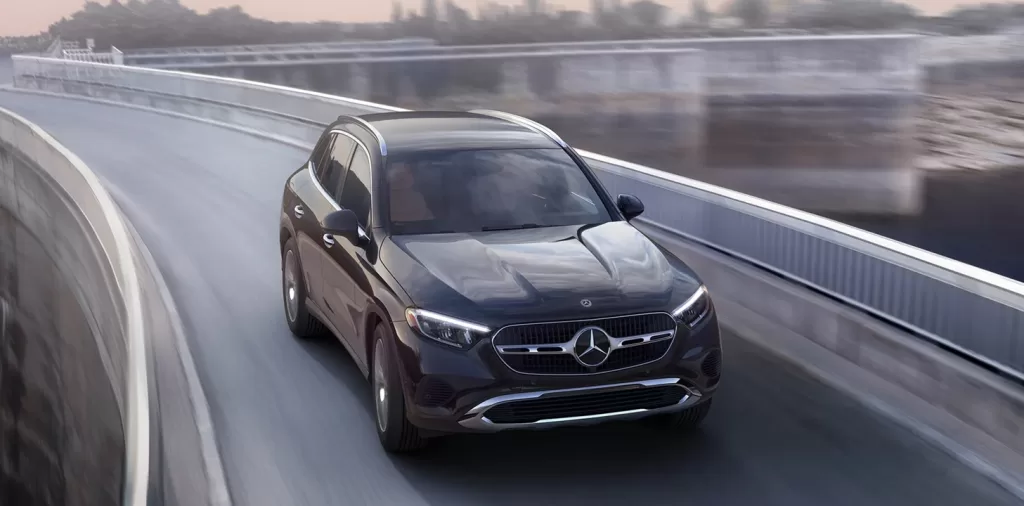Mercedes-Benz Vans, the vans division of one of the leaders in the automotive industry, has recently announced an exciting update to its long-term strategy, aimed at driving future growth and revolutionizing the concept of mobility solutions starting with its newly-unveiled VAN.EA platform. This strategic vision encompasses innovative approaches to electric vehicles, digitalization, and sustainable transportation, setting the stage for an exciting transformation in the light commercial vehicle (LCV) segment of the market.
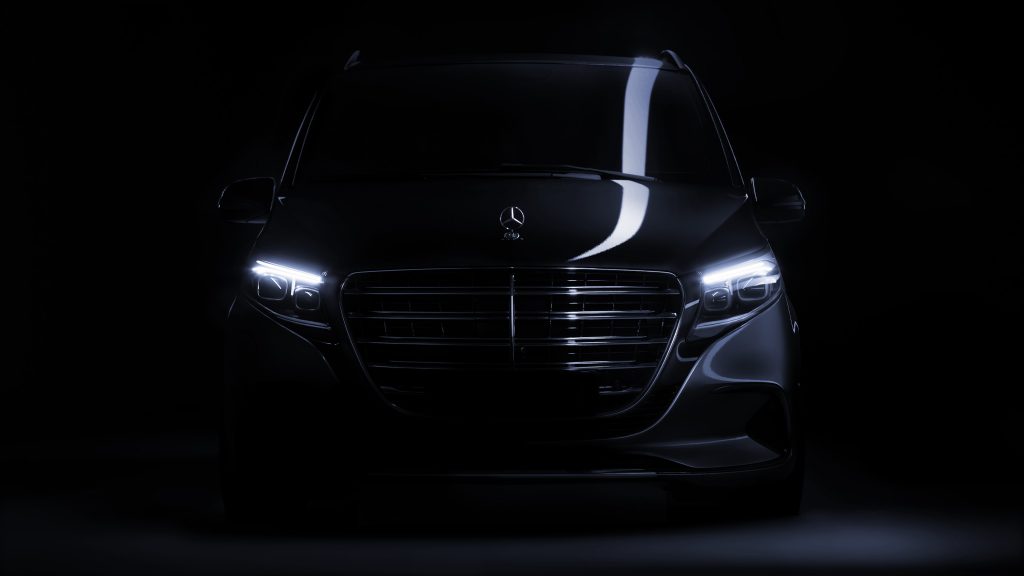
Electric Advancements in Mercedes-Benz Vans: Embracing a Sustainable Future
In line with the global shift towards sustainability, Mercedes-Benz Vans has set ambitious targets for the electrification of its vehicle lineup based on its new press release. By investing heavily in research and development, the company aims to offer fully electric versions of all its commercial vans by 2025. This commitment to e-mobility aligns with their dedication to reducing carbon emissions and creating a more sustainable future.
Digitalization: Pioneering Innovative Solutions
Recognizing the importance of digitalization in modern transportation, Mercedes-Benz Vans has unveiled a comprehensive strategy to integrate cutting-edge technology into their vehicles. The company envisions a future where vans are seamlessly connected, offering advanced driver assistance systems, enhanced connectivity, and intelligent fleet management solutions. By leveraging data and connectivity, it aims to provide an unparalleled user experience and maximize efficiency for businesses relying on their vehicles.
Urban Mobility: Addressing Evolving Transportation Needs
The three-pointed star marque understands the changing dynamics of urban mobility and aims to adapt accordingly. With an increasing focus on last-mile delivery and urban transportation, the company is developing innovative concepts to meet the evolving needs of cities and businesses. Collaborations with urban planners and industry partners will enable the creation of tailor-made solutions, such as electric vans optimized for efficient city logistics and shared mobility services, facilitating seamless movement in urban environments.
Customer-Centric Approach: Anticipating and Exceeding Expectations
At the core of the companyâs strategy update is a customer-centric focus. The company recognizes the importance of understanding and anticipating customer needs, and aims to provide tailored solutions that go beyond expectations. By leveraging customer insights and feedback, it intends to develop customizable options, flexible service packages, and innovative mobility concepts, ensuring that every customer finds the ideal van solution for their specific requirements.
Embracing Partnerships: Collaborating for Success
Mercedes-Benz Vans believes in the power of partnerships to achieve shared goals and drive industry advancements. By collaborating with various stakeholders, including cities, businesses, and technology providers, the company seeks to develop a comprehensive ecosystem for mobility solutions. These partnerships will foster innovation, enable efficient infrastructure, and create synergistic opportunities, ultimately benefiting customers and society as a whole.
New Targets of Mercedes-Benz Vans
With its new strategy, starting with the introduction of its all-new VAN.EA platform, the vans division of Mercedes-Benz looks to boost its battery electric vehicle (BEV) sales by 20% going to 2026 and over 50% on the way to 2030. Meanwhile, it expects to improve its adjusted return of sales (ROS) by double digits up to the end of the decade as it aims for a fixed costs reduction of approximately 20% by the middle of this decade.
Final Thoughts on the Strategy Update of Mercedes-Benz Vans
Mercedes-Benz Vans’ strategy update marks a significant leap towards a future characterized by electric mobility, digitalization, and customer-centric solutions. With a firm commitment to sustainability and a focus on innovation, the company is poised to redefine the van industry. By embracing new technologies, adapting to evolving transportation needs, and fostering strategic partnerships, the company is well-positioned to shape the future of mobility and continue its legacy as a pioneering force in the automotive world.


